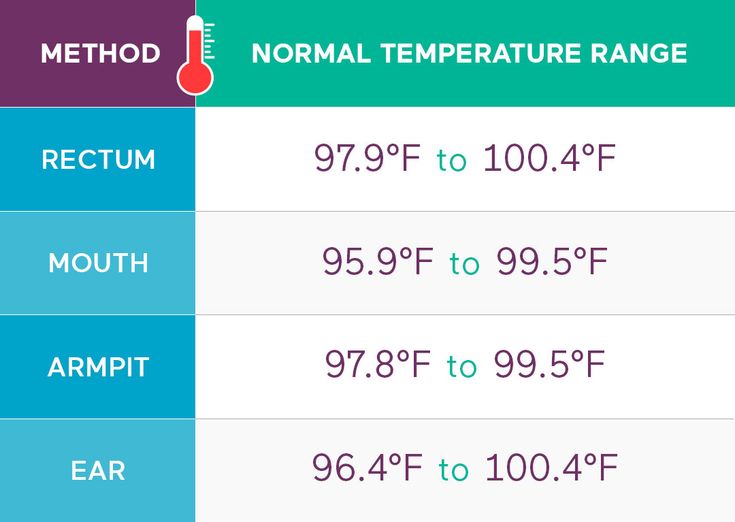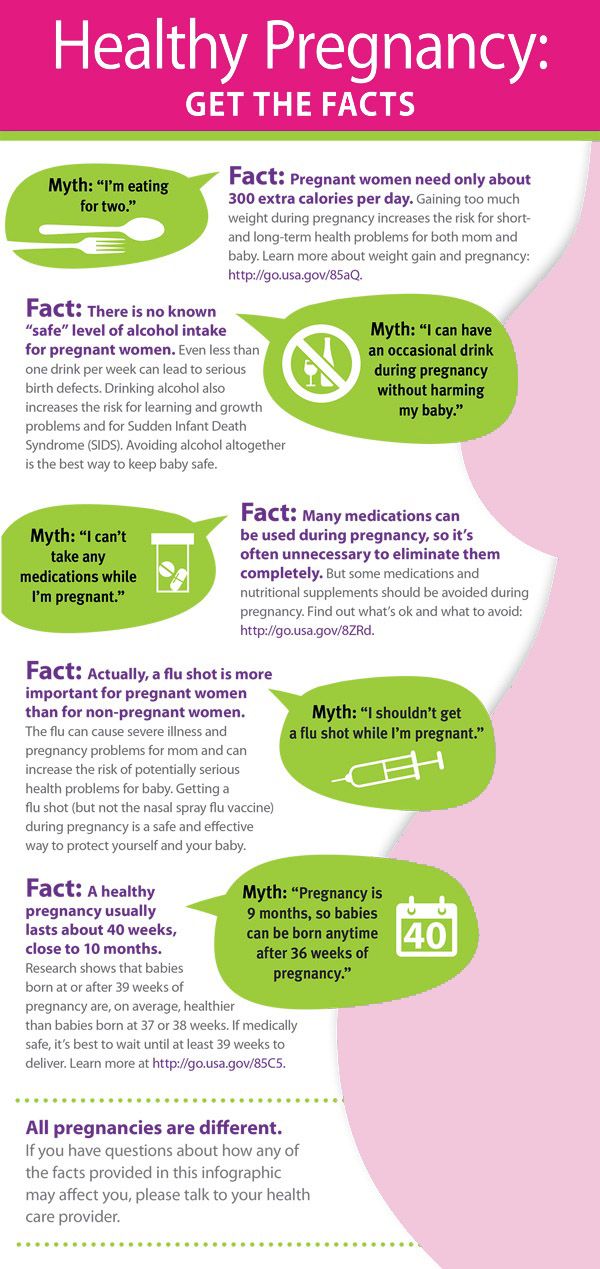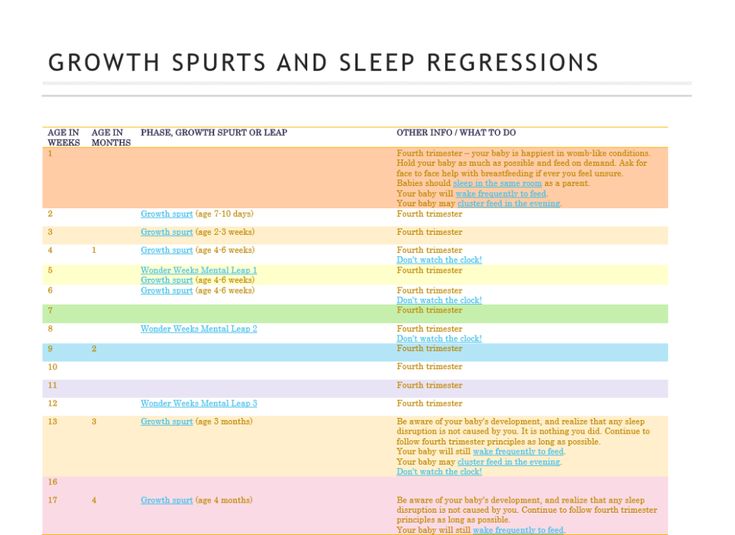How to deal with your child lying
Why Kids Lie and What Parents Can Do to Stop It
Call them fibs, whoppers or straight-up untruths: However you label them, kids are likely to lie somewhere along the way. While a younger child may conjure up an elaborate tale about how she couldn’t possibly have kicked a younger sibling, older kids may flat-out lie about doing their homework.
Sometimes the onset of lying is sudden and intense, reports Matthew Rouse, PhD, a clinical psychologist. “It’s a new thing where they were pretty truthful most of the time before and then suddenly they’re lying about a lot of stuff,” he says. This, of course, is concerning to parents. But if caregivers can understand why kids lie and be prepared to deal with the issue, the truth can come out.
Why kids lie Most parents think children lie to get something they want, avoid a consequence or get out of something they don’t want to do. These are common motivations, but there are also some less obvious reasons why kids might not tell the truth — or at least the whole truth.
To test out a new behavior
Dr. Rouse says one reason children lie is because they’ve discovered this novel idea and are trying it out, just as they do with most kinds of behaviors, to see what happens. “They’ll wonder, what happens if I lie about this situation?” he says. “What will it do for me? What does it get me out of? What does it get me?’”
To enhance self-esteem and gain approval
Children who lack confidence may tell grandiose lies to make themselves seem more impressive, special or talented to inflate their self-esteem and make themselves look good in the eyes of others. Dr. Rouse recalls treating an eighth-grader who was exaggerating wildly about 80 percent of the time: “They were kind of incredible experiences that weren’t within the bounds of plausible at all.” For instance, the boy would say he’d gone to a party and everyone had started to chant for him when he came in the door.
To get the focus off themselves
Children with anxiety or depression might lie about their symptoms to get the spotlight off them, Dr. Rouse notes. Or they might minimize their issues, saying something like “No, no I slept fine last night” because they don’t want people worrying about them.
Rouse notes. Or they might minimize their issues, saying something like “No, no I slept fine last night” because they don’t want people worrying about them.
Speaking before they think
Carol Brady, PhD, a clinical psychologist and regular columnist for ADDitude magazine who works with a lot of kids with ADHD, says they may lie out of impulsivity. “One of the hallmarks of the impulsive type of ADHD is to talk before they think,” she says, “so a lot of times you’re going to get this lying issue.”
Sometimes kids can really believe they’ve done something and tell what sounds like a lie, Dr. Brady adds. “Sometimes they’ll really just forget. I have kids who say, ‘To tell you the truth, Dr. Brady, I thought I did my homework. I really thought I did. I didn’t remember I had that extra work.’” When this happens, she says, they need help supplementing their memory by using techniques such as checklists, time limits and organizers.
And then there are white lies
Just to make things even trickier, in certain situations parents might actually encourage children to tell a white lie in order to spare someone’s feelings. In this case, the white lie and when to use it fall under the umbrella of social skills.
In this case, the white lie and when to use it fall under the umbrella of social skills.
Both Dr. Rouse and Dr. Brady say it’s first important to think about the function of the lie. “When I’m doing an evaluation, there are questions on our intake forms where parents can check off whether the child lies,” Dr. Rouse says. “It’s something I might spend 20 minutes delving into. What kinds of lies, what are the circumstances of the lies?” He says behavioral treatments depend on the function of the lies and the severity of the problem. “There are no hard and fast guidelines,” he says. “Different levels mean different repercussions.”
Level 1 lie
When it comes to attention-seeking lying, Dr. Rouse says that, generally speaking, it’s best to ignore it. Rather than saying harshly, “That’s a lie. I know that didn’t happen to you,” he suggests a gentle approach where parents don’t necessarily have a consequence but they’re also not trying to feed it a lot of attention.-Step-10.jpg/aid84945-v4-728px-Deal-With-Your-Teenager-(for-Parents)-Step-10.jpg)
This is especially true if the lying is coming from place of low self-esteem. “So if they’re saying, ‘I scored 10 goals today at recess in soccer and everybody put me on their shoulders and it was amazing’ and you think it’s not true, then I would say don’t ask a bunch of follow-up questions.” For these kind of low-level lies that aren’t really hurting anyone but aren’t good behavior, ignoring and redirecting to something that you know is more factual is the way to go.
Level 2 lie
If that doesn’t work, Dr. Rouse says, parents can be more transparent about it by offering a mild reprimand. “I’ve had situations where it’s an inflated kind of fantastical type of lie,” he says. “I’ll have parents label it and call it a tall tale. If the child is telling one of these stories, a parent will gently say, ‘Hey, this sounds like a tall tale, why don’t you try again and tell me what really happened?’ ” It’s about pointing out the behavior and encouraging kids to try again.
Level 3 lie
If something is more serious, like older kids lying about where they’ve been or whether they’ve done their homework, parents can think about having a consequence. Kids should be clear that there will be repercussions for this kind of lie, so it’s not coming out of the blue. Like all consequences, Dr. Rouse recommends it should be something short-lived, not overblown, which gives the child a chance to get back to practicing better behaviors. Some examples: losing her phone for an hour or having to do a chore
Also, depending on the severity, there also has to be a component of addressing what they were lying about. If a child has said he didn’t have any homework all week and then the parent finds out he had homework every day, there needs to be some kind of consequence for the lying and he also has to sit down and do all the work. If he’s hit another child and lied about it, there’s a consequence for the lying and also for hitting. In this case, Dr. Rouse says, you would also have him write an apology letter to the other child.
Rouse says, you would also have him write an apology letter to the other child.
Let them know the truth reduces consequences
For instance, if teens have been drinking at a party, the parent will want them to call to be picked up. But kids know there also has to be a consequence for the drinking. “There’s a hard balance to strike between having the open dialogue but also setting appropriate limits when necessary,” Dr. Rouse says.
In this situation, where lying would have been easier, when parents are doling out the consequence they can also praise the child for telling the truth and tell them it makes them more trustworthy. They might also reduce the consequence, such as letting kids know they’re taking their phone away for a day instead of a week.
Dr. Rouse adds one caveat: Children and teens should not think consequences are negotiable. “Sometimes the kid will say, ‘But I told you the truth,’” he says. “They’ll get manipulative, saying, ‘This is just making me want to never tell the truth again.’” Parents shouldn’t give in at that point.
“They’ll get manipulative, saying, ‘This is just making me want to never tell the truth again.’” Parents shouldn’t give in at that point.
Use truth checks
Let’s say parents have been told by a teacher their child didn’t do her homework. Dr. Brady suggests that they give their kid a chance to tell the truth. If she doesn’t at first, the parents could say, “I’m going to walk away and give you 10 minutes and then I’m going to come back and ask you again. If you change your mind and want to give me a different answer, it’s just a truth check and you won’t get in trouble.”
This way, if a child gives an off-the-cuff answer because she’s scared of consequences or she doesn’t want to disappoint a parent, she has the chance to really think about whether she wants to lie or fess up without the consequences. Dr. Brady notes that this technique isn’t for a child who chronically lies.
Use the preamble method
Parents can also set up kids to tell the truth by reminding them that they don’t expect perfection, Dr. Brady notes. Parents could say, “I’m going to ask you a question and maybe you’re going to tell me something I don’t really want to hear. But remember, your behavior is not who you are. I love you no matter what, and sometimes people make mistakes. So I want you to think about giving me an honest answer.” Giving kids a chance to reflect on this may lead to them telling the truth.
Brady notes. Parents could say, “I’m going to ask you a question and maybe you’re going to tell me something I don’t really want to hear. But remember, your behavior is not who you are. I love you no matter what, and sometimes people make mistakes. So I want you to think about giving me an honest answer.” Giving kids a chance to reflect on this may lead to them telling the truth.
Give kids with ADHD more time to think
Dr. Brady says kids with ADHD, who are prone to giving impulsive answers that come out as lies, need some extra time to think things through before speaking. Impulsivity can be a problem both at home and in school, when a teacher asks if a child has finished an assignment and the child answers yes without even looking at his paper. That’s when he needs to be taught to slow down and check his work.
What parents shouldn’t doDon’t ever corner your child
Putting a child on the spot can set him up to lie.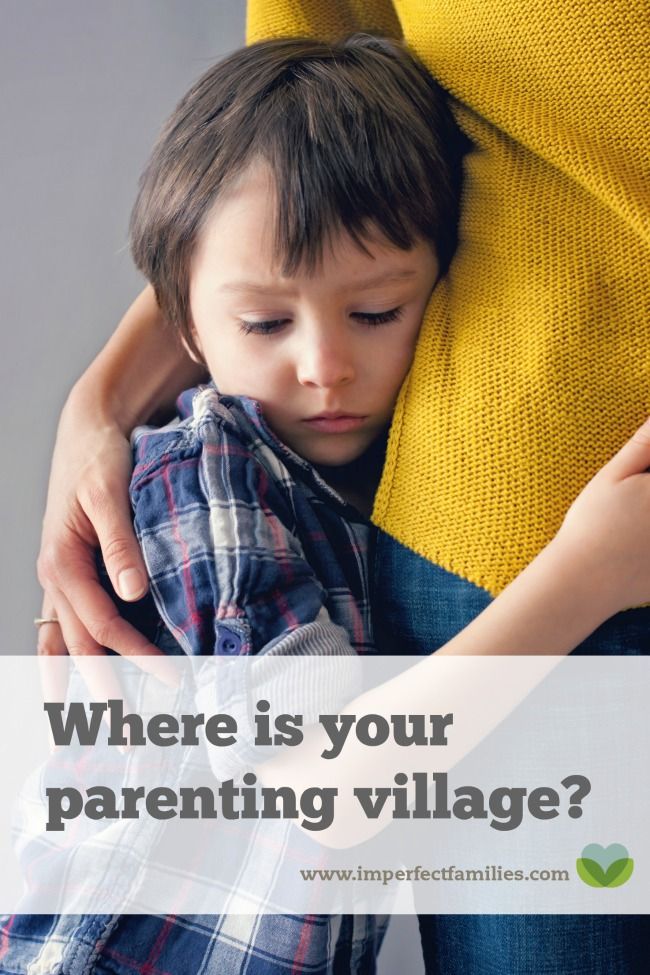 If parents know the true story, Dr. Brady recommends, they should go right to the issue and discuss it. Instead of asking a child if he didn’t do his homework a parent could just say, “I know you didn’t do it. Let’s talk about why that’s not a good idea.”
If parents know the true story, Dr. Brady recommends, they should go right to the issue and discuss it. Instead of asking a child if he didn’t do his homework a parent could just say, “I know you didn’t do it. Let’s talk about why that’s not a good idea.”
Don’t label your child a liar
It’s a big mistake to call a child a liar, Dr Brady argues. The wound it creates is bigger than dealing with what he lied about in the first place. He thinks, “Mom won’t believe me.” It makes him feel bad about himself and may set up a pattern of lying.
Video Resources for Kids
Teach your kids mental health skills with video resources from The California Healthy Minds, Thriving Kids Project.
Start Watching
5 Tips to Handle When Your Child Lies
Written by WebMD Editorial Contributors
In this Article
- Advantages and Disadvantages of Your Child Lying
Kids lie for many reasons. They may want to avoid a consequence or say what comes to mind even if it’s not true. Children may start lying suddenly. This can be shocking for parents who have dealt with an honest child until now. Knowing why your child is lying and how to talk to them can help stop this behavior.
Children may start lying suddenly. This can be shocking for parents who have dealt with an honest child until now. Knowing why your child is lying and how to talk to them can help stop this behavior.
Understanding why children start lying can help you treat the underlying reason. Children typically lie for four reasons.
- They may not know better.
- They may know it’s wrong to lie but have a stronger desire to accomplish something else.
- They may say what pops in their head without filtering.
- They may try to mislead an adult because they have negative feelings towards them.
Determine how serious your child's lies are. Depending on your child’s age, there may be different intentions behind their lying. A young child may tell tall tales which isn’t always a problem. An older child may lie about their behavior. This secret keeping could lead to serious behavioral problems as an adult.
Correct lying behavior.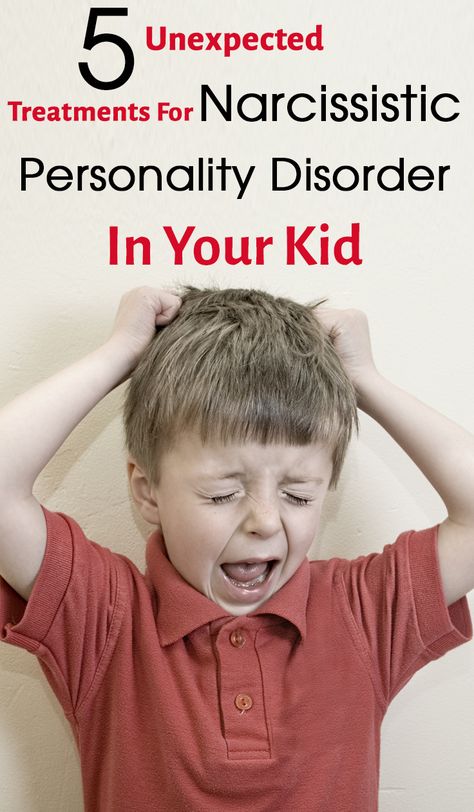 You should not punish or corner your child when they’re caught in a lie. This can lead to more serious lies or resentment. Instead, remain calm and explain to them why lying is wrong. You can also provide them with facts. Then encourage them to tell you the story again but truthfully.
You should not punish or corner your child when they’re caught in a lie. This can lead to more serious lies or resentment. Instead, remain calm and explain to them why lying is wrong. You can also provide them with facts. Then encourage them to tell you the story again but truthfully.
How to handle your child lying. Don’t scold or yell at them when you catch them in a lie. You’ll want to keep communication honest and comfortable between you and your child. The following steps will help you handle your child’s lies:
- View lies as skill-building. As your child gets older, they’ll test what they can get away with. This is how they learn consequences.
- Respond to lies with facts. Especially when dealing with children under the age of three, let them know that there are facts. Lay out evidence that contradicts their lies.
- Help them find a way to deal with certain behaviors. If you catch your child in a lie, let them know that they can tell you the truth.
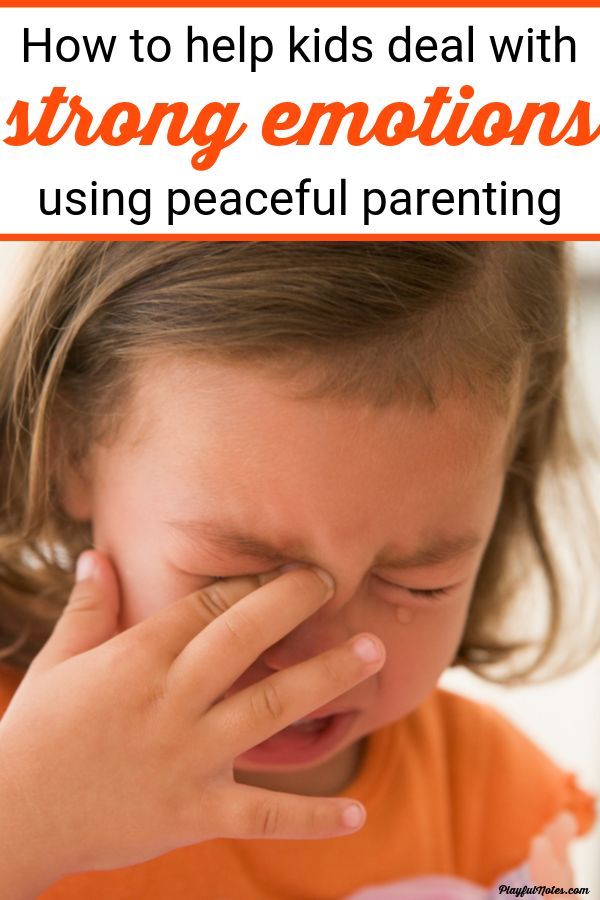
- If they see you lie, they’ll lie. Your child will watch how you respond to things, and if you’re lying, they will think they can too.
- Let older children know there are times when small lies can be okay. Then teach them the moral consequences of bigger lies. Let them see how you’ve been caught in lies and let it be a learning experience for them.
You should be concerned when your child lies frequently. If your child’s lying is paired with other concerning behavior, they may have psychological problems. A child that lies and doesn’t have friends can also be a concern. They may feel isolated and lonely. If your child lies and shows no signs of remorse or guilt, they might have underlying issues as well.
By age three, your child may already understand what lying is. Children often start lying to cover up actions they know are wrong. But lying can also signify cognitive and social understanding. Advantages of your child lying include:
- Cognitive ability.
 It takes cognitive skills to regulate their actions, plan their lies, and strategize when they lie. Lying is a problematic behavior, but it could be your child’s way of developing their thoughts and actions.
It takes cognitive skills to regulate their actions, plan their lies, and strategize when they lie. Lying is a problematic behavior, but it could be your child’s way of developing their thoughts and actions. - Controlling their thoughts. Your child will need to go against what they’re trained to think to maintain a lie. This shows that some children can hold conflicting thoughts in their minds and control which action they talk about.
- That doesn’t mean they have a lack of morals. Just because lying is bad, doesn’t mean your child is. Some studies have shown that there is little to no relationship between children’s lying behavior and moral understanding.
Disadvantages include:
- Lying because they’re stressed. Your child may lie because they feel a lot of pressure to act a certain way. They may be feeling pressure from their parents. This could lead to low self-esteem and frequent lying to avoid the truth.
- Unable to explain their actions. Your child may not understand that what they are doing is wrong.
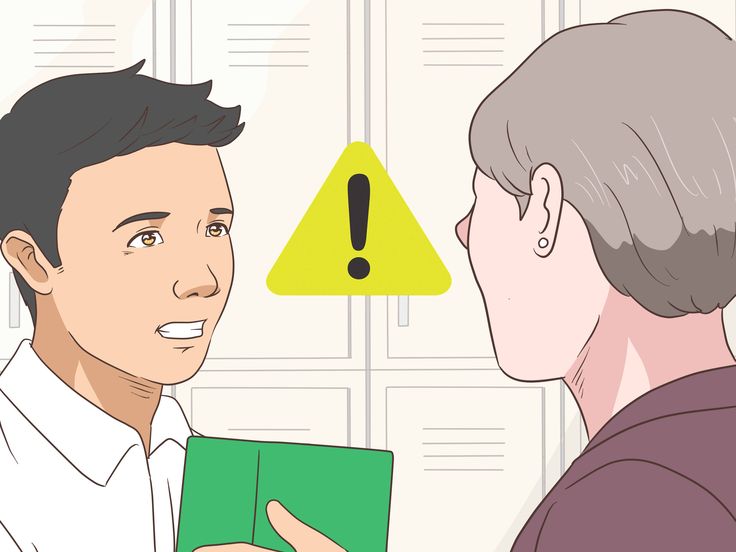 If they don’t know their behavior is bad, they continue to lie about their actions. They may not have the cognitive ability to understand why they’re lying.
If they don’t know their behavior is bad, they continue to lie about their actions. They may not have the cognitive ability to understand why they’re lying. - Used to get attention. If your child feels neglected, they may come up with lies to get your attention. This may be a coping mechanism for not getting the praise that they want. This is a behavioral problem that can be addressed.
How to wean a child from lying: advice from a psychologist
01/18/2020
2
Lying in childhood
Let's accept the fact that we all sometimes lie or cheat. If you notice such a habit behind you, then it is possible that your child may consciously choose the path of a lie. How to change the situation and teach children honesty?
Parents are role models for children. Including when it comes to lies. The task of adults is to show the child the importance of honesty and teach how to find a way out of difficult situations and not resort to lies.
The reasons that make both adults and children lie are the same:
- avoid punishment or negative conversation;
- get some benefit;
- impress;
- so as not to offend the other person.

The more authoritarian the parents, the more often the child can lie.
At what age does a child begin to lie?
1. At an early age of up to 3 years, babies do not yet separate fantasy from reality. Often what adults think is a lie is just an innocent mistake or a way to protect themselves.
2. From the age of 4-5, children may show the first signs of lying. But not in every situation. Until the age of 7, a child learns to distinguish between fantasy and reality. The imaginary world still means a lot to them.
3. Between the ages of 5 and 10, children gradually develop an understanding of what it means to lie. Closer to 9 years old, they are ready to accept responsibility for their actions and deliberate lies.
4. After 10 years, children already understand perfectly well when they are telling the truth and when they are not.
Why children deceive their parents
- In the first years of life, children have a highly developed magical thinking.
 They really believe in fictional friends, the tooth fairy, Santa Claus and Superman. And when a child talks about such things, he does not deceive, but sincerely believes in them. Our task is to try to teach the child to separate reality and the fictional world.
They really believe in fictional friends, the tooth fairy, Santa Claus and Superman. And when a child talks about such things, he does not deceive, but sincerely believes in them. Our task is to try to teach the child to separate reality and the fictional world. - An attempt was made to cancel the problem. For example, in cases where the question: “Did you brush your teeth / washed your hands,” the child is cunning and says “yes”. Until school age, and sometimes up to 7 years old, children may assume that if they say "yes", then the teeth will be cleaned and the problem will be solved. Young children, if they do not want to take responsibility, sincerely believe that this way of solving a problem works.
- Attract the attention of adults. Often children embellish reality or exaggerate when they start going to kindergarten. They use this method to see the reaction of adults and keep the attention on themselves longer. Agree, as soon as your child says: "And today Marya Ivanovna .
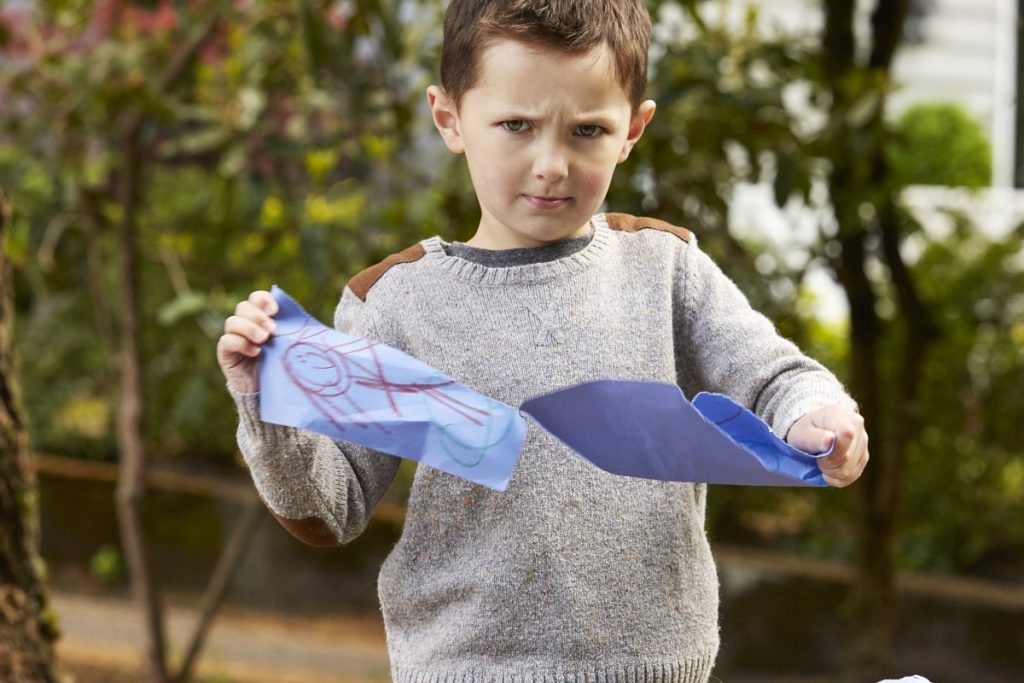 .." - you immediately begin to listen to him with double interest.
.." - you immediately begin to listen to him with double interest. - The child is faced with a problem that he cannot solve on his own and resorts to lies. At the same time, the opinion of peers is important to him. This is a lie-exaggeration or embellishment. It is more common in children over 10 years of age. The child lies in order to be accepted in society, among friends, classmates.
- Fear of punishment or parental reaction. This is the most common reason for lying. For example, a child breaks a mug and thinks: “If mom sees, she will punish or scream ... Therefore, I’d better hide the pieces so that no one finds out.” Most likely, he had previously had a similar experience and he knows what consequences to expect in the family.
- The child copies adults - sees how mom or dad communicate with others, and absorbs that there are situations in which it is normal to lie. Therefore, it is important to be aware when we are lying. And if at the same time the baby hears us, explain to him why we did it.

What to do if a child lies
Understand that a child lies not to spoil your mood and not because he turns into a criminal. Lying is an ineffective model for overcoming the difficulties that we face in everyday life. Therefore, you need to help the child find a different way to solve problems.
So, how to deal with a child's lies:
- Find the root cause of the lie. If the baby is very small, teach them to separate reality and the world of fantasy: explain that stories in a dream are fictional, they do not really happen. If the child has watched a scary cartoon, explain that it is fiction. If your toddler claims he can fly like Superman, say, “Yes, it would be great to have that kind of super strength. But she's not real."
- Do not provoke a child to lie: “Who did this? What happened? How could you even think of doing such a thing?” Such questions frighten him and he begins to simply fence himself off, using lies. Therefore, it is important not to put the child in a position where he can only lie.
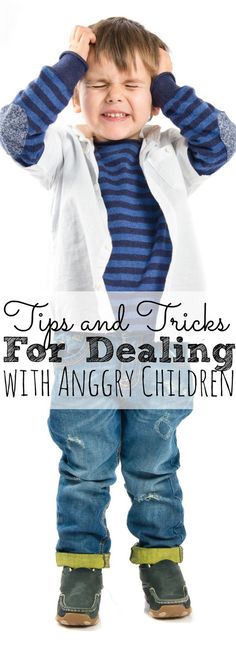
- Change your response: “Yeah, I see what you drew on the wallpaper. This, of course, is bad. Let's think about how we can fix the situation." Or if you ask a baby if he spilled milk, he will want to lie. To avoid this situation, it is better to say: “I see spilled milk. Let's get out." In this way, you show the child that you are not opposed to him and will always find a way out of a difficult situation together. Your task is to give the child a script that will help him take responsibility and somehow correct the mistake he made. At the same time, you maintain trust and your relationship does not deteriorate.
- Pay attention to your child's parenting style. Most often, children lie out of fear, having past negative experiences. If you constantly forbid everything to a child, then most likely he will hide many things from you and disobey
- Monitor your reaction to the child's lies. She should be calm and adequate. Explain how his lies affect your relationship.
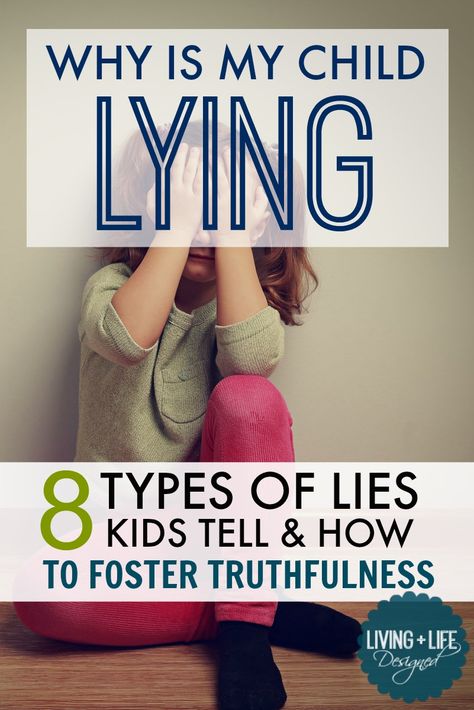 Tell what can happen if family members stop trusting each other.
Tell what can happen if family members stop trusting each other. - Avoid labels such as "liar", "dreamer" and refrain from the desire to publicly complain about the child's lies. For example, call your grandmother and tell the baby how he lied to you.
Like this article? Rate:
Votes: 39
How to wean a child from lying - advice from a psychologist
Raising their child, parents pay special attention to the development of positive moral qualities. Honesty is one of them.
Why a child lies
Main reasons
Psychologists identify several main reasons for children's lies:
- Fear of punishment
When a child understands that he is going to be punished for this or that "misconduct", he finds a way out of this situation - to tell a lie and thus avoid punishment.
- Become better in the eyes of others
Children often use lies to raise their status, to assert themselves.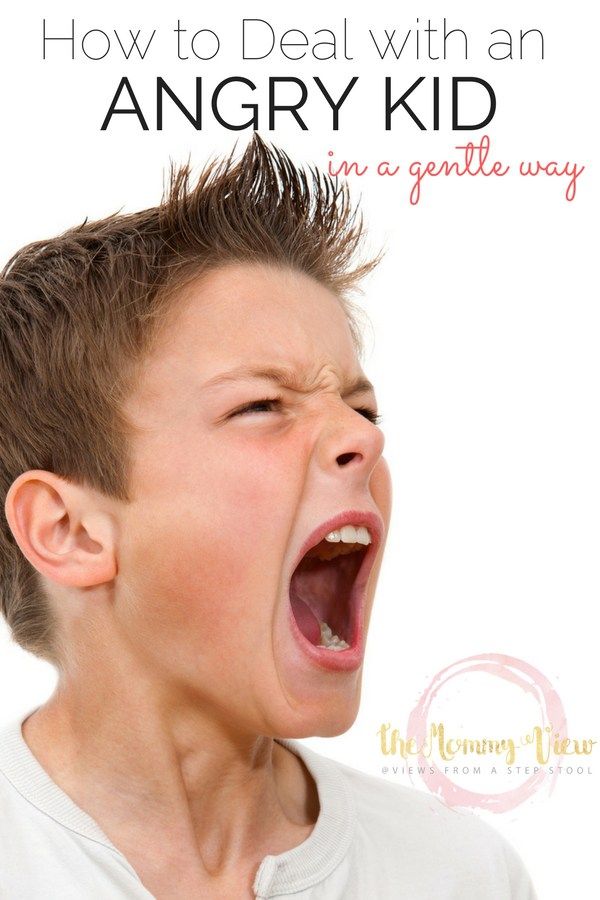 They tell their peers about the fictitious income of their parents, about unprecedented travels, etc.
They tell their peers about the fictitious income of their parents, about unprecedented travels, etc.
- Lying as setting personal boundaries
Often children use lies to assert and protect their personal boundaries when they realize that their parents are demanding too much or controlling them too much.
- Distrust of adults, family problems
If a child lies a lot, it often indicates internal family problems. In such cases, theft and vandalism are added to the lies, with the help of which children “cry for help”.
- Lying as a form of protest
The use of lies can often be seen in cases where a child "defies" the authority of an adult.
Age features
2-4 years
At this age, the baby learns the world around him. At this stage, the child fantasizes a lot, with the help of fantasies he paints his reality. All fantasies at this age are harmless. Do not interfere with the little inventor, but on the contrary, help him. Offer to draw a "invented hero" or sculpt it from plasticine.
Do not interfere with the little inventor, but on the contrary, help him. Offer to draw a "invented hero" or sculpt it from plasticine.
4-5 years
At this age, the child is not yet able to separate reality from lies. If you deceive him, he sincerely believes. The untruthful parent molds the same pattern of behavior in their child. The kid begins to use lies, although there is no particular need for this. Most often this happens if the child is afraid of arousing the mother's disapproval. At this age, he interprets this disapproval as dislike. It is much easier for him to lie than to hear that he is not loved, that he is bad.
7-8 years old
A very important and turning point. The child becomes a schoolboy: on the part of the parents - less control, more freedom. In communication with peers, I want to seem better, bolder, stronger. Boasting is ideal in this case, and the younger student begins to actively use it. In addition, if the child does not get very good grades, he often tries to hide them by simply not talking about it. He silences them.
He silences them.
Don't miss this moment. Talk to your child and explain that your love has nothing to do with grades in the diary and that he is no worse than the other children in the class!
Sources of lies
Lack of attention
If a child tells everyone stories about how wonderful he lives, what a happy and friendly family he has, how much his parents love him - this is an occasion to think about your relationship. Perhaps the child does not have enough attention, and he talks about what he would like to have in reality.
Excessive criticism
If parents criticize their child a lot, they cause a decrease in the child's self-esteem, contribute to the development of various complexes. The child becomes insecure, dissatisfied with himself. In this case, children use lies to make a difference and become worthy of respect.
Excessive strictness
In cases where parents bring up a child in strictness and punish him for all his mistakes and misdeeds, one should not be surprised that the child uses lies as a defense and thus tries to avoid punishment.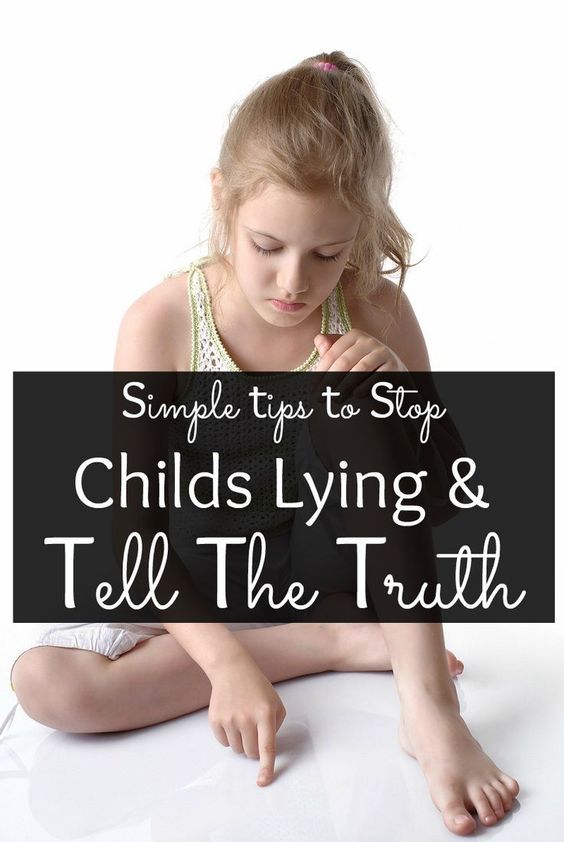
Restriction on the manifestation of emotions
It is often difficult for an adult to control his emotions, let alone a child. If parents begin to prevent the child’s negative emotions from coming out and let him know that they want to see him only “good and obedient”, then the child will close in on himself. He will lie about his thoughts, feelings and desires, trying to please his parents.
“Playing on feelings”
If parents defiantly show how upset or upset they are by the child’s poor academic performance, his bad behavior, etc., then in this way they themselves provoke the child to hide the truth, hush up, lie, so as not to upset parents.
How to wean a child from lying - advice from a psychologist
First of all, parents should remember that a lie for a child is an opportunity to release an internal conflict, as well as to find a lifeline in a hopeless situation.
For a parent, a child's lie is most often a “cry for help”, an SOS signal, a reason to pay closer attention to a seemingly successful and happy child.
What should be done by parents of children whose lies have become an integral part of their lives?
What to do and how to react to parents
Each case of a lie in a child's life is unique, but there are still some "general" steps towards correcting the current situation.
- Find out why children lie
Parents who have caught a child in a lie, trying to correct the situation, often begin with reproaches and punishments, which only leads to an increase in the conflict situation. The correct and effective way out of the situation is to establish relationships with the child and establish a trusting relationship.
- Self-behavior analysis
It is very important to analyze your own behavior, pay attention to the changes that have taken place in the relationship with the child and answer the question: “What has changed in my behavior and our communication?”.
Also:
- Try to get away from punishment.
 Fear is the main engine of children's lies. Feeling fear, the child begins to look for options to avoid any punishment and sees an alternative in lies.
Fear is the main engine of children's lies. Feeling fear, the child begins to look for options to avoid any punishment and sees an alternative in lies. - Do not shift your unfulfilled plans onto your child and do not expect success from him in all endeavors. This turns out to be too heavy a burden that most children, unfortunately, cannot cope with.
- Do not give empty promises to a child. Children, like a sponge, absorb parental behaviors. If you allow broken promises, as well as outright lies, then do not expect children that they will not echo you.
- "Listen" to lies
Attention should also be paid to the way in which the lie actually manifests itself, with what it is connected. Perhaps, through a lie, the child tries, speaks about his desires, or, conversely, about what worries him.
Practical Tips for Dealing with Children's Lies
- Don't escalate the house. Do not make a tragedy out of the fact of deceit.

- Talk "tete-a-tete" - this will reduce psychological discomfort.
- Show your child that it is better to eliminate the consequences of your actions than to lie. "Did you break your mug? Tell us about it and we'll pick up the pieces together."
- Give up forceful methods of solving the problem, this will only aggravate it.
- Allow the child to be "himself" and openly express all his emotions, thoughts, desires. This will give the child a certain understanding that he is loved regardless of the situation.
- Talk to your child as equals. Let him understand that he is accepted by anyone, even with a different point of view.
- Give the right to choose, respect his feelings and decisions.
- Apologize if you are wrong, including before the child.
- Become an example of an honest person for your child.
- Take advantage of modern technology.
From all of the above, we can conclude that children's lies directly indicate a crisis in parent-child relationships.
